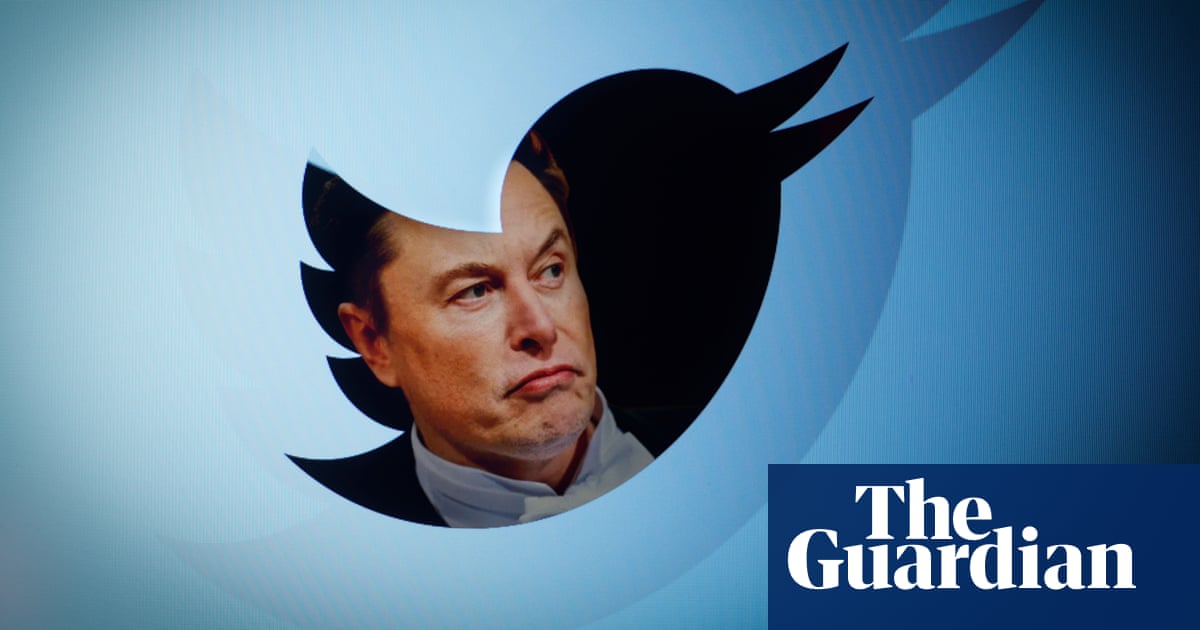
The World Health Organization has so far declared only two diseases to be eradicated — smallpox and rinderpest. It takes years, sometimes a generation, of scientific and social efforts to eliminate a disease, or at least keep it at check. By all accounts, the current coronavirus pandemic has been both a learning but also a humbling experience for humanity in its relations with mother nature. In a matter of weeks lives have been turned upside down across the globe, hit by illness, death, the destruction of livelihoods, and children deprived of formal education not to mention a normal childhood in addition to the unbearable mental burden. And we are only starting to see the light at the end of this long tunnel, with the rollout of vaccinations.
For all these months of living from one lockdown to another and adjusting to radical change in most aspects to our daily lives, much hope has been pinned on finding a vaccine to strengthen our immune system against this deadly virus. Lockdowns have been successful in reducing COVID-19 infections and deaths resulting from it, but they are not a sustainable answer; and improvements in the treatment of coronavirus patients provide only partial remedy, insufficient to return us to some sort of normality. So the successful efforts by the international pharmacutical industry have lifted the general gloomy mood, and enabled governments to design a roadmap for vaccinating the population and getting societies out of lockdown and the current misery.
The creation of vaccines with more than 90 percent efficacy has been almost universally approved and celebrated. However, there are pockets of resistance to vaccination from different quarters, and though not on a huge scale they are extensive enough to put the immunisation drive in jeopardy. This presents society with a profound moral dilemma: Should the will of those who don’t wish to roll up their sleeves and take the jab be respected? Or, in light of the highly contagious nature of this pandemic, especially of the new variants of coronavirus, and in the name of defending the health of our societies in the widest sense of the word, should vaccination be made compulsory? If the answer to the latter question is in the affirmative, should legal and social sanctions therefore be imposed on those who maintain their resistance to being vaccinated?
Considering that we are dealing with a life-threatening emergency on a global scale, the arguments against mandatory vaccination may be somewhat muted. They have their merits in terms of the freedom of individuals to make the final decision over any medical treatment they are offered, especially one that has been introduced in a hurry, thereby raising legitimate safety concerns, or one that may contradict a person’s religious or other beliefs. However, in light of the more than 112 million people who have contracted the disease worldwide and the nearly 2.5 million dead globally after contracting it, with hospitals bursting at the seams, health systems and their workers on the brink of collapse, and badly hemorrhaging economies, a global vaccination rollout seems to be the only way forward to ensure reductions in cases and deaths and an eventual return to normality. This is not to suggest that we should disrespect or dismiss those who object to being vaccinated, but in the same breath it is imperative to make concerted efforts to convince as many doubters as possible to accept vaccination and to minimise the negative impact of those remaining hardcore refuseniks.
Issuing passports to those who are vaccinated, as is being done in a number of countries, is a combination of public shaming and preventing those who don’t have them to resume normal lives, as those who have been vaccinated will be able to do.
Yossi Mekelberg
Respecting others’ moral and religious dilemmas, even if they are in a minority, is what makes a society a pluralistic one. Nevertheless, all things considered, there is no other or better way to reduce the horrendous impact of the coronavirus pandemic than a rapid and efficient global rollout of vaccination as early as possible. And it is the duty of national governments and international bodies to allay the doubts and the fears and engage with those who are objecting for ethical or religious reasons, not to morally judge them or look for retribution. The inclination right now is to issue vaccination passports and by extension to punish those who won’t be vaccinated by not allowing them to return to work, to travel or to participate in social activities. There is much logic to this, but it should be a last resort, not first one. The emphasis in the first place must be on winning the trust of the doubters — a trust that has been badly damaged by the incompetence that most governments have demonstrated in dealing with this health disaster.
The ultimate goal is to achieve herd immunity through vaccination, which would usually require up to 90 percent of the population to acquire immunity, depending on how contagious is the infection, and remembering that the newer mutations of COVID-19 are even more contagious than the earlier variants. Hence, the aim is to reach high levels of vaccination to add to those who have already contracted the virus and recovered. For most people, as is evident from the high positive response from those who are being offered the jab, despite natural concerns, it is a no-brainer that vaccination is both in their own interest and also for the greater good of protecting others, especially the most vulnerable.
Issuing passports to those who are vaccinated, as is being done in a number of countries, is a combination of public shaming and preventing those who don’t have them to resume normal lives, as those who have been vaccinated will be able to do. Punitive measures of any kind must be kept to a minimum and subject to public scrutiny, so that societies emerge from this crisis not only trusting the state to provide them with the protection they deserve, but also confident that it will guarantee their freedoms. It is by no means an easy task to reconcile the two, but our main and immediate goal is to save lives and preserve our physical and mental health, and to do this we must be guided by the science and our conscious and mutual responsibilities to one another.
From this black hole that we are in, there is an opportunity for a new and better society to emerge. For too long the unceasing emphasis on individualism has eroded the notion of collective altruism, which is now the order of the day. We have an opportunity, an obligation even, to restore this sense of togetherness, and vaccination should become a force for unity and service toward our fellow human beings.
• Yossi Mekelberg is professor of international relations at Regent’s University London, where he is head of the International Relations and Social Sciences Program. He is also an associate fellow of the MENA Program at Chatham House. He is a regular contributor to the international written and electronic media. Twitter: @YMekelberg
Disclaimer: Views expressed by writers in this section are their own and do not necessarily reflect Arab News" point-of-view












